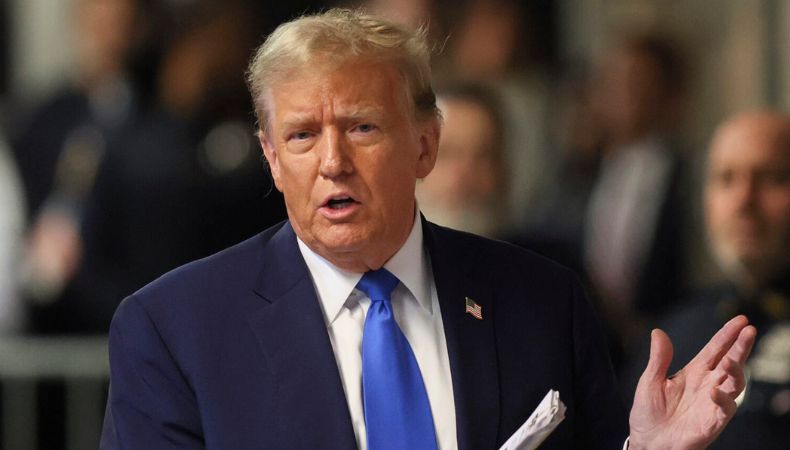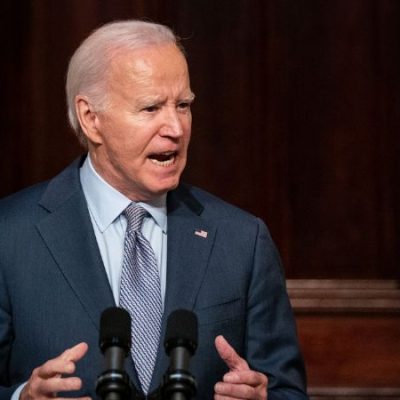Trump’s Shadow Looms Large Over Biden

Former President Donald Trump’s influence continues to shape U.S. foreign policy, particularly in the Middle East, as President Joe Biden navigates delicate talks to normalize relations between Israel and Saudi Arabia. Despite Trump’s absence from office, his policies and legacy loom large, complicating Biden’s efforts to forge new diplomatic paths in the region.
The Trump Legacy
During his presidency, Trump shifted U.S. policy in the Middle East, aligning closely with Israel and Saudi Arabia while adopting a confrontational stance toward Iran. He brokered historic normalization agreements between Israel and several Arab states, including the United Arab Emirates, Bahrain, and Sudan, under the Abraham Accords. These agreements reshaped the geopolitical landscape of the region, establishing new alliances and dynamics.
Biden’s Challenge
President Biden faces the challenge of building on the progress made under the Abraham Accords while pursuing his own diplomatic agenda. Normalizing relations between Israel and Saudi Arabia, two regional powerhouses with historically strained ties, presents a significant opportunity for Biden to advance peace and stability in the Middle East.
The Israel Factor
For Israel, normalization with Saudi Arabia would further solidify its position in the region and enhance its security. However, Israel’s recent military actions in Gaza and its controversial settlements in the West Bank have strained its relationship with the Biden administration, creating obstacles to further diplomatic breakthroughs.
The Saudi Calculus
Saudi Arabia, on the other hand, has signaled openness to normalization but remains cautious due to domestic and regional factors. Crown Prince Mohammed bin Salman’s ambitious Vision 2030 economic reform plan and efforts to modernize the kingdom have faced international scrutiny, particularly in the aftermath of the Jamal Khashoggi affair. Normalization with Israel could be a strategic move for Saudi Arabia, but it must navigate domestic sensitivities and regional dynamics carefully.
President Biden has taken a more cautious approach to the Middle East, prioritizing diplomacy and multilateralism over unilateral actions. His administration has sought to reengage with Iran through negotiations to revive the Joint Comprehensive Plan of Action (JCPOA), from which Trump withdrew the U.S. in 2018. However, progress on the Iran nuclear deal has been slow, and tensions in the region remain high.
As President Biden seeks to advance U.S. interests in the Middle East, he faces the challenge of balancing continuity with change in a region shaped by the legacy of his predecessor. The outcome of talks on Israel-Saudi normalization will be a key test of Biden’s diplomatic acumen and his ability to navigate the complex dynamics of the Middle East.




